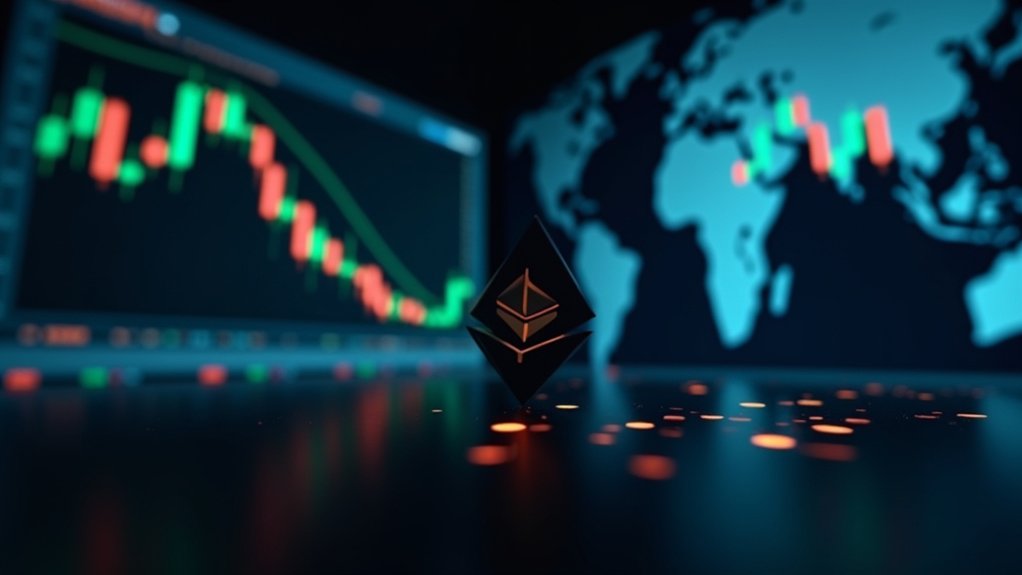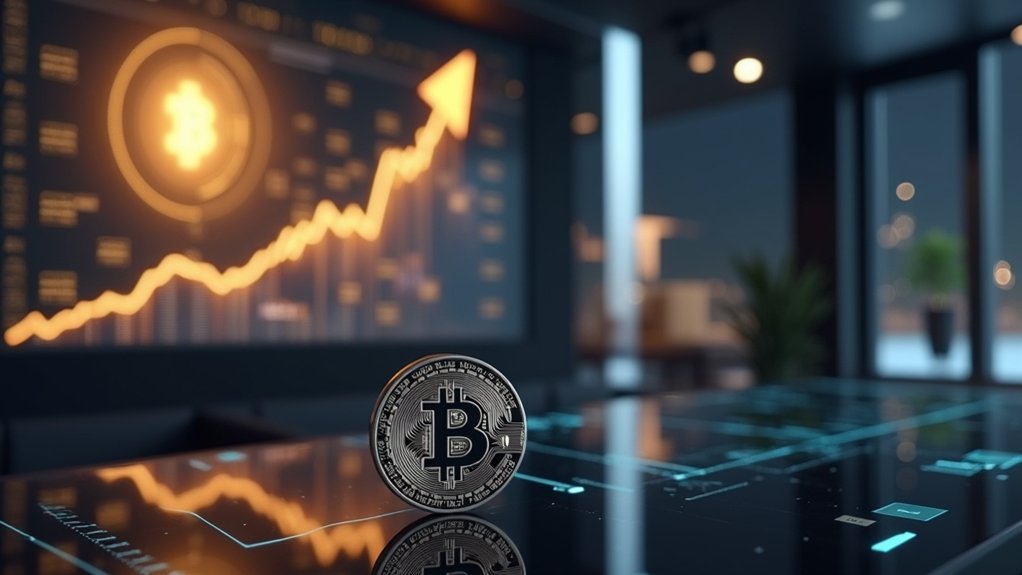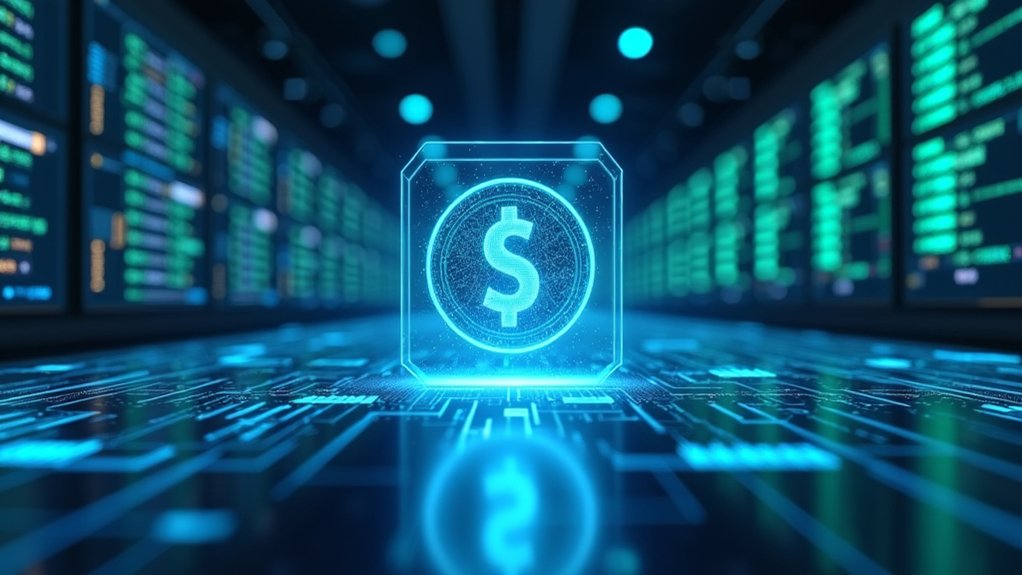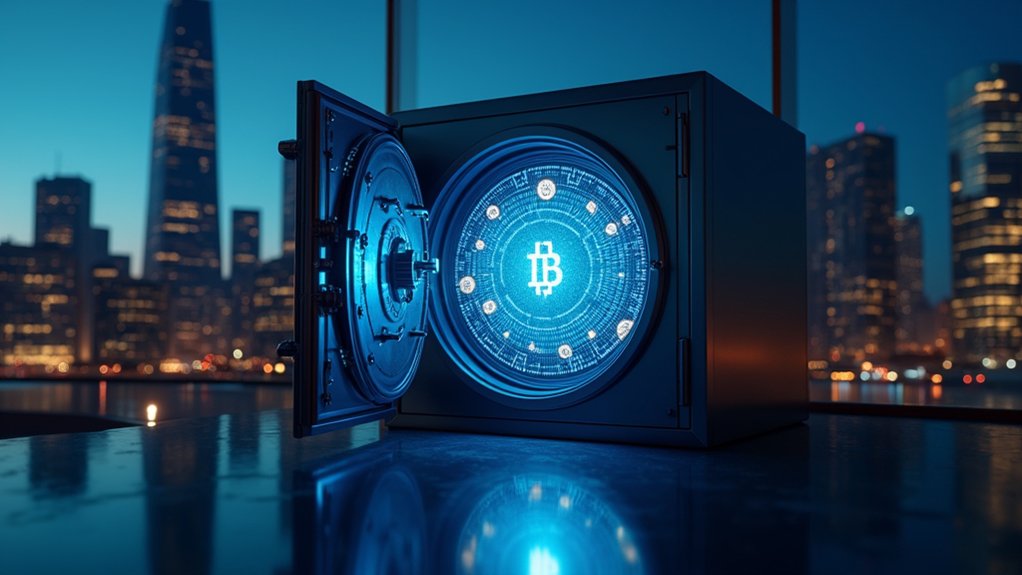The cryptocurrency protocol Aave experienced a significant intraday depreciation exceeding eight percent on August 23, 2025, precipitated by unverified rumors concerning a clandestine token allocation agreement reportedly involving a seven percent stake with World Liberty Financial (WLFI), an allegation that, despite swift repudiation by WLFI, engendered pronounced market uncertainty and speculative volatility, thereby igniting intense discourse regarding the potential ramifications for Aave’s decentralized governance framework and tokenomics, while concurrently intersecting with broader macroeconomic catalysts and the protocol’s strategic expansion initiatives, collectively underscoring the heightened sensitivity of decentralized finance (DeFi) markets to governance-related information asymmetries and investor sentiment fluctuations. This abrupt depreciation, which saw Aave’s token price plummet from approximately $385 to a nadir near $339 before partially recovering, exemplifies the vulnerability of DeFi tokens to rumors that may be construed as potential market manipulation, prompting investors to reassess the stability and transparency of governance structures within ostensibly decentralized ecosystems. Notably, Aave is owned by the Aave community and its DAO, emphasizing the importance of decentralized control in managing such crises. Market volatility was driven largely by speculative reactions to the possibility of changes in governance and tokenomics. Distributed Ledger Technology ensures that transaction records are synchronized across decentralized nodes, which supports the underlying integrity of such governance frameworks.
The rapid dissemination of the WLFI token allocation rumor, notwithstanding WLFI’s categorical denial, raised substantive concerns regarding the potential consolidation of voting power and influence that such a sizeable, undisclosed token transfer could confer, thereby inviting scrutiny from regulatory authorities attuned to the implications of opaque token distribution practices on market integrity and investor protection. The specter of undisclosed agreements and the possibility of covert token transfers not only exacerbate perceived governance risks but also elevate the likelihood of regulatory interventions aimed at mitigating manipulative behaviors and ensuring compliance with securities laws, particularly as DeFi platforms increasingly attract institutional capital and regulatory focus intensifies globally. This episode therefore illuminates the imperative for enhanced transparency and robust governance mechanisms to forestall informational asymmetries that might otherwise distort market pricing and erode stakeholder confidence.
Simultaneously, the ensuing price rebound, bolstered by Aave’s expansion onto the Aptos blockchain and dovish macroeconomic signals, reflects a complex interplay between speculative dynamics induced by rumor-driven selling pressure and fundamental optimism grounded in protocol development, signaling the multifaceted drivers influencing asset valuation within the rapidly evolving DeFi landscape. The integration of smart contracts in Aave’s platform further enhances automation and trustless execution, which may underpin investor confidence despite temporary market shocks.









